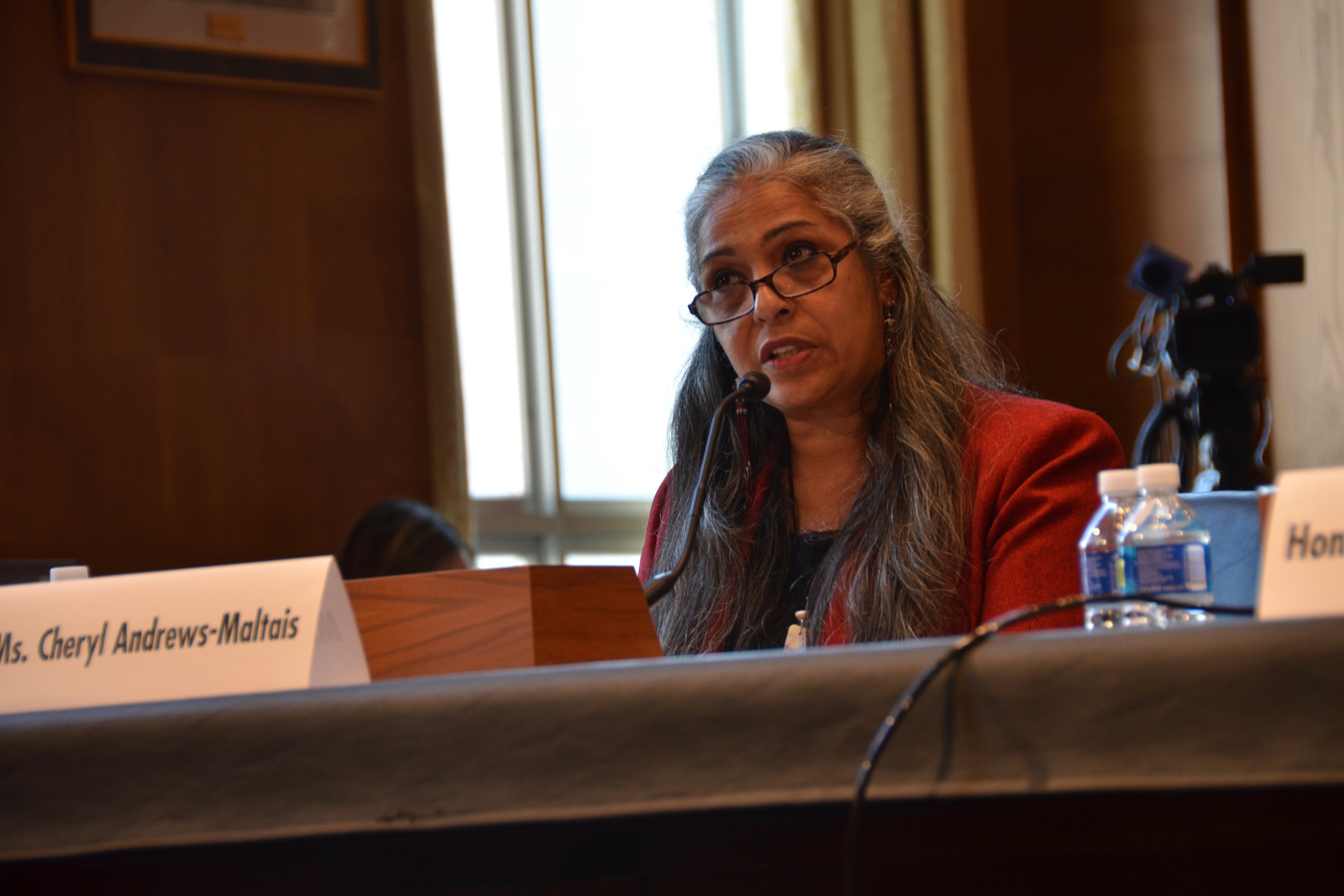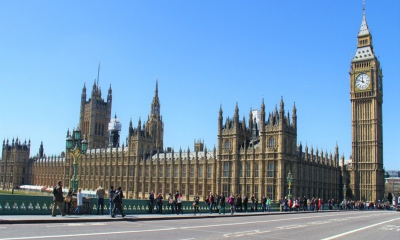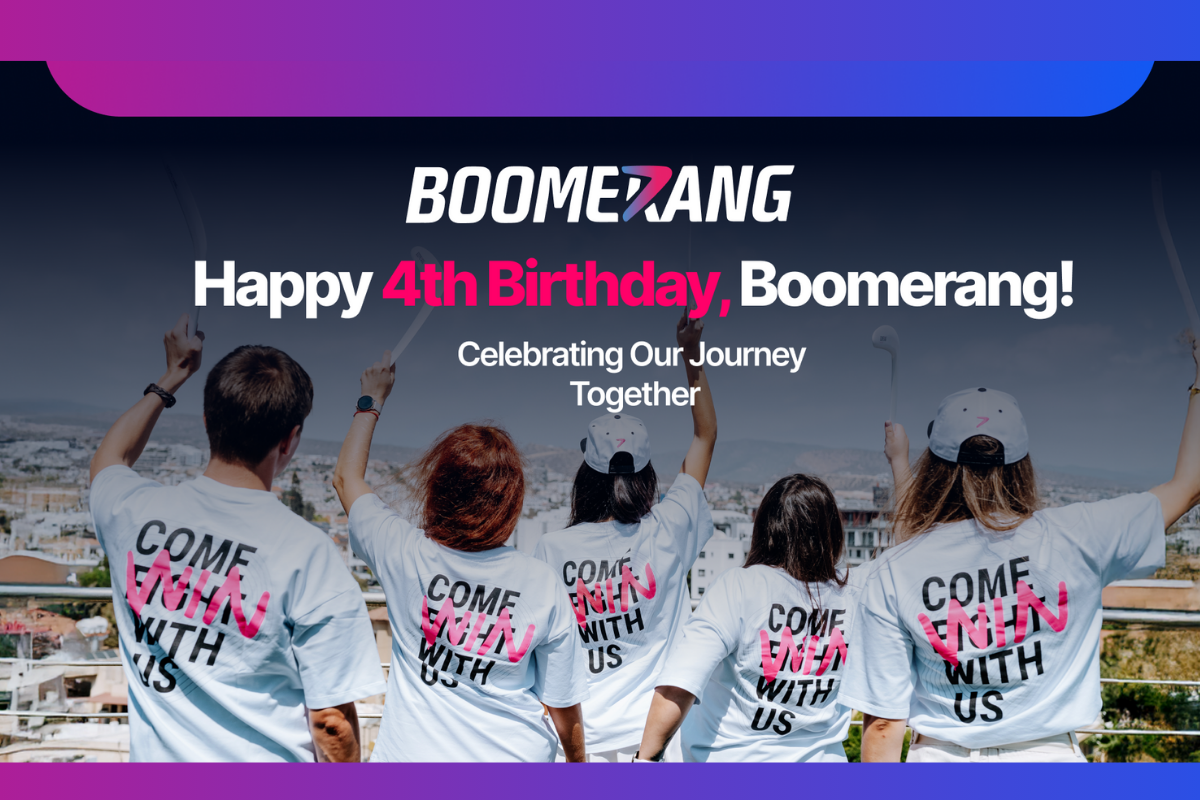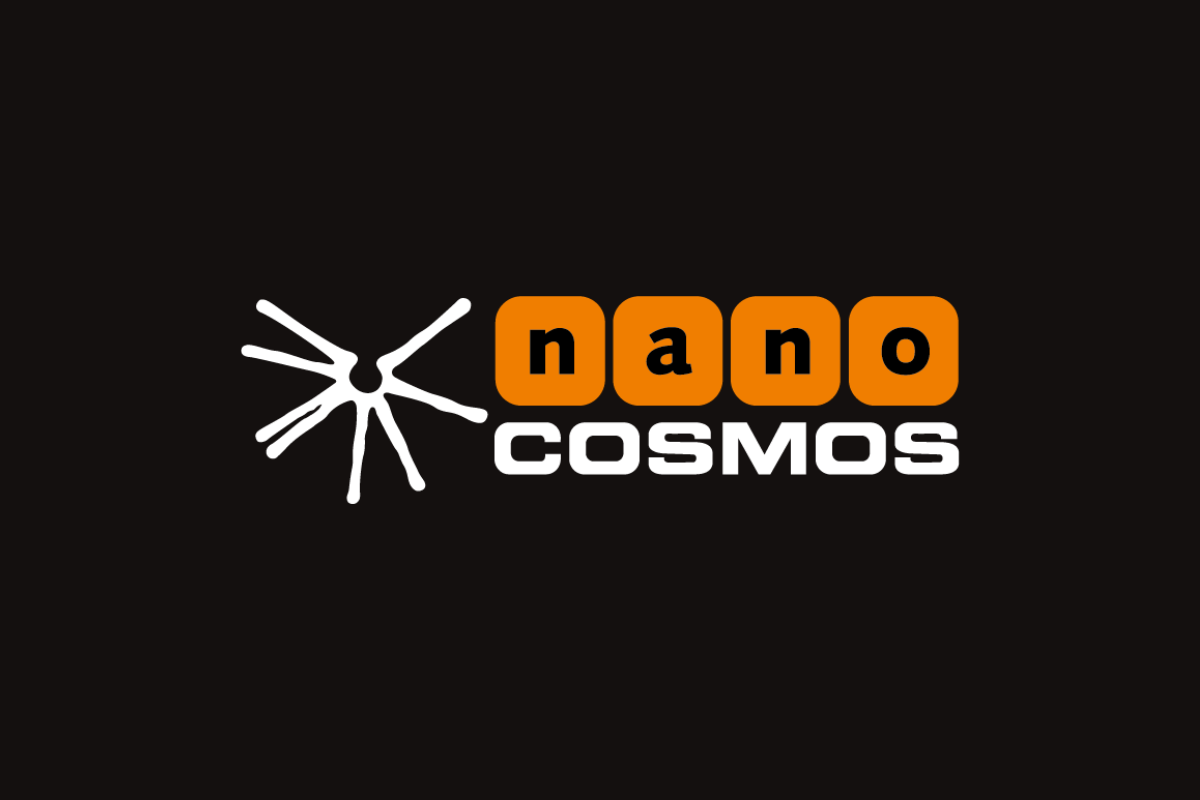Gambling in the USA
Supreme Court says no to hearing M.V. gambling case

The U.S. Supreme Court has denied a petition to hear a case involving a gambling hall for the Wampanoag Tribe of Gay Head (Aquinnah), paving the way for the tribe to begin the process of opening an electronic bingo facility on tribal lands in Aquinnah.
The case between the tribe and the commonwealth of Massachusetts, the town of Aquinnah, and the Aquinnah/Gay Head Community Association was “distributed for conference” on Friday.
On Monday morning, in the court’s orders posted online, the high court rejected hearing the case. The three parties had petitioned for what’s known as a writ of certiorari, often called a “cert” by attorneys; it essentially would have ordered the lower court to provide its reasoning in the case for review by the nine justices.
Tribal council chairwoman Cheryl Andrews-Maltais was travelling much of the day Monday. She issued a statement Tuesday morning praising the high court’s decision. “It was a great and historic day for the Aquinnah Wampanoag people,” she said.
Ms. Andrews-Maltais praised the tribe’s legal team for its “extraordinary work and commitment to helping us throughout this challenging litigation.” She also praised the tribe’s federal partners at the Bureau of Indian Affairs and the National Indian Gaming Commission, which both offered legal opinions that the tribe was within its rights to offer gambling on its reservation lands.
“Now that this issue is finally resolved, we’d like to put the legal battles behind us, and focus on working with the town and commonwealth; to weigh our options and determine the best pathway forward for us to provide the necessary services of health care, elders’ and children’s services, education, housing and employment opportunities for all of our tribal members,” she said.
The town has moved quickly to schedule a meeting of the board of selectmen for Wednesday to discuss the outcome.
“We’re disappointed that cert was denied, but know it’s only granted in a small number of cases,” Ronald Rappaport, the town’s attorney, said. “I’ll be meeting with selectmen later this week to discuss options.”
The board meets Tuesday, but Monday’s ruling came too late for them to put the court case on that agenda, Mr. Rappaport said.
The town posted a meeting for 5 pm Wednesday to discuss the case and options in executive session, according to an email from the town.
It’s unclear where town challenges would go, although based on the land agreement, adherence to town bylaws and building codes could be the avenue explored.
The town has benefited from riding the coattails of state Attorney General Maura Healey, whose office has represented the state’s interests in the case. The AG’s office declined comment through a spokeswoman.
Lawrence Hohlt, president of the Aquinnah/Gay Head Community Association, said he had not yet heard about the court’s decision when he was reached Monday morning.
“Can I say I’m surprised? No,” he said. “The odds were very much against us.”
A Supreme Court review of the case was always a long shot. The court hears only about 1 percent of the 8,000 to 9,000 cases it’s asked to review each year.
“Frankly, the underlying issue is, even if they have the right to do it, how much sense does it make?” Mr. Hohlt said, pointing out the remoteness of Aquinnah from the Island’s more densely populated areas.
“I think the decision is wrong, but we have to live with it,” he said.
In an email to the association’s membership, the group points out that the lower court ruling leaves open questions about the settlement agreement’s affect on other issues such as the tribe’s submission to local zoning rules. “The legal issues aside, the AGHCA will continue to oppose a casino located in Aquinnah and will follow developments accordingly,” the email to association members states.
At issue are the tribe’s plans for a so-called bingo hall on its Island reservation land. The state, town, and community group contended that the tribe is bound by its 1987 settlement agreement not to offer gambling on its property. The tribe’s contention has been that the Indian Gaming Regulatory Act of 1988 supersedes that agreement.
The Massachusetts Gaming Commission, which oversees the legalization of expanded gambling in the state, issued a statement through spokeswoman Elaine Driscoll. “The Massachusetts Gaming Commission does not currently have any statutory role or authority over the matter involving the Town of Aquinnah and the Wampanoag Tribe of Gay Head. The commission has a fundamental interest in all gaming-related issues that impact the commonwealth and will continue to monitor any developments closely.”
Both sides have had victories in the case. The state and town won at the lower court level, and that ruling was overturned in the First Circuit Court of Appeals. The disagreement dates back to 2013, when then-Gov. Deval Patrick filed suit in state court, saying the tribe was in breach of its contract. The tribe successfully had the case moved to federal court.
Last month, the federal Bureau of Indian Affairs posted a legal advertisement stating that it had taken an additional 15 acres into federal trust for the Aquinnah tribe.
The tribe purchased 17 acres at the end of 2014 for $1.1 million. That purchase included eight parcels, but only seven are included in the land being taken into federal trust. The federal trust process makes that land sovereign property of the tribe. The land abuts 160 acres of the tribe’s land, and is adjacent to the tribe’s community center, which has been outlined as a possible location for the gambling facility.
Tribe leaders never wanted to pursue a casino on Martha’s Vineyard, but Gov. Patrick refused overtures to negotiate a compact for an off-Island casino. That all but killed the tribe’s efforts to seek a casino on land it had under agreement on the Freetown/Lakeville town line.
By contrast, the Patrick Administration did negotiate a compact with the Mashpee Wampanoag for a Taunton casino. That tribe’s land remains in flux as the Bureau of Indian Affairs (BIA) considers ways to legally take the Taunton land into trust, given a 2009 decision by the Supreme Court known as the Carcieri ruling. In that case, the high court called into question the ability for the BIA to take land into trust for tribes recognized after 1934. The Mashpee tribe was recognized in 2007.
Why that ruling doesn’t apply in the Aquinnah case is that same land agreement that was in question. The Vineyard tribe made a deal with the town and state to avoid a lengthy legal battle over reservation lands.
The tribe in court documents said it figures to pull in $4.5 million per year in casino revenues, which is modest by most casino standards, but is in line with what tribes earn in some of the rural casinos scattered across the country, said Clyde Barrow, a casino gambling expert who is a faculty member at the University of Texas–Rio Grande Valley.
“I don’t think it strengthens their hand with the state,” Mr. Barrow said. “They’ll say, ‘If you want to build a Class II casino in a place that no one wants to go to, go ahead.’”
The gaming commission seems content to wait and see how casinos under construction in Springfield and Everett do before dealing with the issues related to Southeastern Massachusetts, where the Mashpee plans are in flux, Mr. Barrow said. “The appetite for expanded gambling appears to have exhausted itself in Massachusetts,” he said.
Other casinos in nearby states, like New York, have not done as well as projected, he said.
-

 Africa6 days ago
Africa6 days agoGhana’s NLA Introduces New Sticker to Clamp Down on Illegal Lotto Operators
-

 Asia6 days ago
Asia6 days agoPAGCOR: Online Gaming fuels nation-building, but illegal sites pose risks
-

 Africa6 days ago
Africa6 days agoRise & Hustle partners with Altenar to power its new sportsbook offering
-

 Central Europe6 days ago
Central Europe6 days agoCT Interactive Announces Strategic Partnership with Ecasino
-

 Eastern Europe6 days ago
Eastern Europe6 days agoDigitain Strengthens Romanian Market Presence Through KingCasino Partnership
-

 Latest News6 days ago
Latest News6 days agoCasino Playa de las Américas Implements JCM’s ICB Technology
-

 Compliance Updates6 days ago
Compliance Updates6 days agoElizabeth Varley, solicitor at licensing law firm Poppleston Allen, shares a handy refresher on the UK’s statutory levy, including the who, how much, why and how to pay
-

 Conference6 days ago
Conference6 days agoBetConstruct to Participate in SBC Summit Lisbon 2025

















